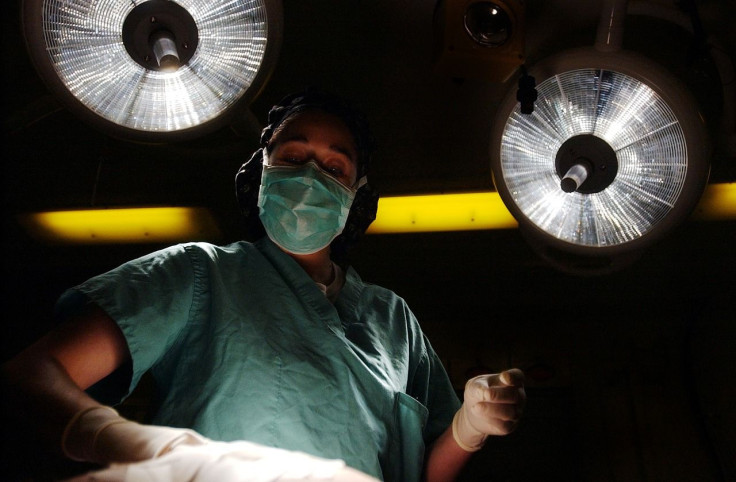How Doctors Keep You Asleep During Surgery, And What Happens If You Wake Up In The OR


This question originally appeared on Quora. Answer by L. Davis.
There is one particular nightmare scenario that really has happened in the past. Because hospital procedures have improved, and the medical specialty of Anesthesiology has such high standards, it's not likely to happen again.
When you go to surgery, the Anesthesiologist has a lot to do to get you ready. No, they don’t do all the nursing tasks like bathing you and shaving you and such. They give you medications to get your body prepared to accept the surgeon’s knife.
When a surgeon first begins to cut you open, it is much like being in a knife fight or a sword fight. Your body tries to respond to the surgeon’s knife in the same way. All of your internal systems go on alert: “I feel pain.” “I am injured.” “I am cut!” “I am bleeding.” Your body goes through an entire series of defense mechanisms to deal with what the surgeon is doing to you.
But the surgeon is doing a job. There is always some serious work inside of your body that has to be done. The surgeon knows how to approach his or her task. But the deeper the surgeon has to go, the longer a surgeon has to spend inside of your body. As surgeries become more extensive and complex, the skills of the Anesthesiologist monitoring your vital functions become critical to your survival.
Most surgeons are also trained in Anesthesiology —- but not to the same degree as a Board Certified Anesthesiologist. About 100 years ago, in the era of World War I and earlier, surgeons either did their own anesthesia or they supervised a medical student or technician who administered the gas and monitored breathing and vital signs. That was it. But as surgeries become more complex, so did the profession of Anesthesiology.
In surgery, your muscles have to be relaxed, your consciousness needs to have drifted into a restful, peaceful state. You need to be free of anxiety and without stress in your dreams; your circulatory system has to be working and stable despite any bleeding; your heart rate and your breathing need to be regular and constant; and you need to be pain free. Everything needs to be stable. For this reason there are many advanced drugs that are used to achieve all of these goals. All of these drugs have to work together. And all of the medications have to perform flawlessly for your body to safely survive surgery.
So can you wake up during surgery? Yes, it has happened.
Anesthetic awareness: When you wake up during surgery
The Horror of Waking Up During Surgery
Here’s What Actually Happens When You Wake Up During Surgery
The last article has some great .gifs. Quoting from the end of that article:
All that being said, the chances of this happening are slim, and medical professionals are doing everything they can to ensure that this does not happen.
More from Quora:
Published by Medicaldaily.com



























